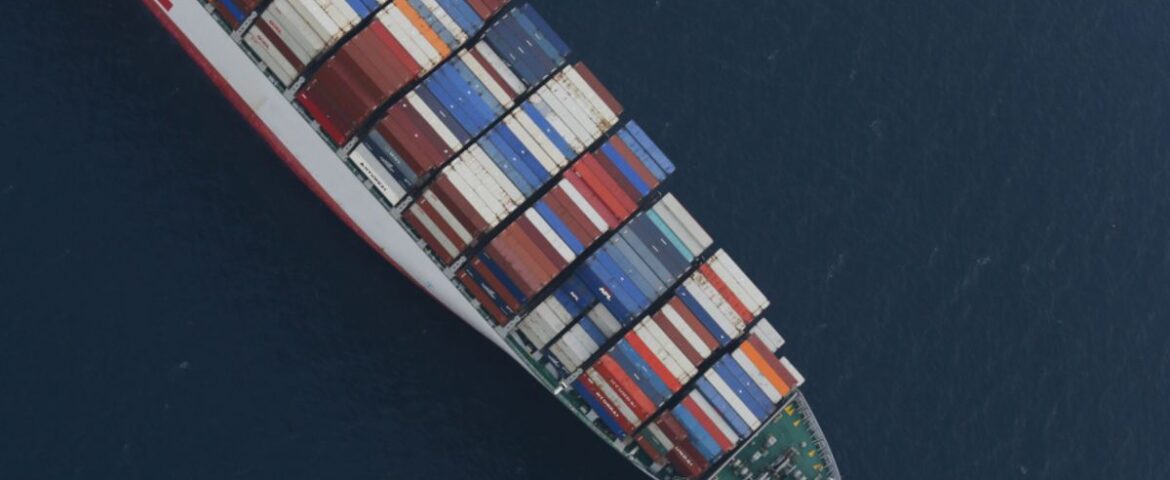By Peter de Langen
The Organisation for Economic Co-operation and Development is at it again, this time with a report that argues alliances between container shipping companies may have negative impacts on users and society at large
In short, according to the report, alliances have helped create overcapacity, made maritime transport services more uniform and contributed to lower service frequencies, fewer direct port-to-port connections, declining schedule reliability and longer waiting times. I have some concerns about the analysis, but the resulting policy advice is broadly sensible: make sure competition law applies and scrutinise public investments in port infrastructure.
One point is, in my view, insufficiently addressed in the report: the potential of the ports industry to adapt — in innovative ways — to the new reality of megaships and alliances. This adaptation is already under way and will soften or eliminate most of the potential negative effects of alliances and megaships.
Adaptation takes various different forms, operational and strategic. For instance, terminals and port authorities can increase the efficiency of the exchange of containers between terminals, for instance through dedicated infrastructure, potentially coupled with autonomous vehicles. They can also improve planning of barge, train and feeder handling given the megaship and alliance reality. This may result in new value creation for port users. For instance, ship stowage based on hinterland destinations may become feasible with the huge call sizes, so that terminals may be able to unload containers for specific destinations together and make the loading of trains or barges faster and more efficient. Container storage may further shift inland, enabling much higher terminal productivity.
As a wild prediction, why couldn’t say 30% of all containers directly leave the terminal without touching the yard? New terminal layouts, especially taking into account hinterland modes, feeder berths and container yards, will arise as terminal operators adapt.
Pricing also may adapt to the new realities: both terminal operators and port authorities may benefit from pricing structures that incentivise on time arrival and penalise late arrivals. Joint ventures between shipping lines and terminal operators will become even more common, as will the requirement to have a ‘launching customer’ as a precondition for port infrastructure investments.
Considered in combination, in my view this potential to adapt justifies a more positive assessment of alliances and megaships: sufficient competition — at the level of specific origin-destination pairs — must be maintained, but beyond that, alliances and megaships over time could well make port users better off.
First published @PortStrategy.













